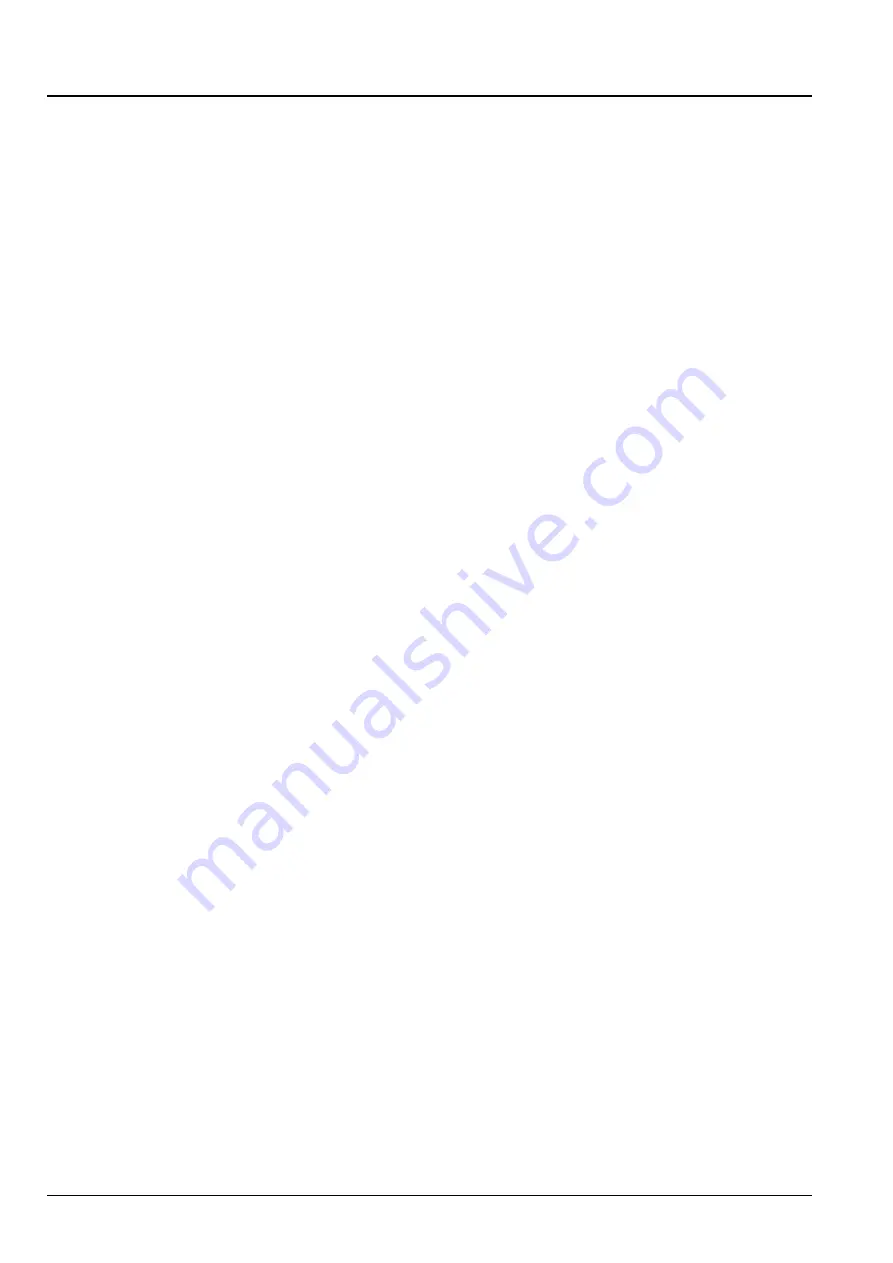
INTRODUCTION
Foreword - Ecology and the environment
Soil, air, and water are vital factors of agriculture and life in general. When legislation does not yet rule the treatment
of some of the substances required by advanced technology, sound judgment should govern the use and disposal of
products of a chemical and petrochemical nature.
NOTE:
The following are recommendations that may be of assistance:
• Become acquainted with and ensure that you understand the relative legislation applicable to your country.
• Where no legislation exists, obtain information from suppliers of oils, filters, batteries, fuels, antifreeze, cleaning
agents, etc., with regard to their effect on man and nature and how to safely store, use, and dispose of these
substances.
• Agricultural consultants will, in many cases, be able to help you as well.
Helpful hints
• Avoid filling tanks using cans or inappropriate pressurized fuel delivery systems that may cause considerable
spillage.
• In general, avoid skin contact with all fuels, oils, acids, solvents, etc. Most of them contain substances that may be
harmful to your health.
• Modern oils contain additives. Do not burn contaminated fuels and or waste oils in ordinary heating systems.
• Avoid spillage when draining off used engine coolant mixtures, engine, gearbox and hydraulic oils, brake fluids, etc.
Do not mix drained brake fluids or fuels with lubricants. Store them safely until they can be disposed of in a proper
way to comply with local legislation and available resources.
• Modern coolant mixtures, i.e. antifreeze and other additives, should be replaced every two years. They should not
be allowed to get into the soil, but should be collected and disposed of properly.
• Do not open the air-conditioning system yourself. It contains gases that should not be released into the atmosphere.
Your NEW HOLLAND AGRICULTURE dealer or air conditioning specialist has a special extractor for this purpose
and will have to recharge the system properly.
• Repair any leaks or defects in the engine cooling or hydraulic system immediately.
• Do not increase the pressure in a pressurized circuit as this may lead to a component failure.
• Protect hoses during welding as penetrating weld splatter may burn a hole or weaken them, allowing the loss of
oils, coolant, etc.
47477424 19/03/2013
6
Find manuals at https://best-manuals.com

































